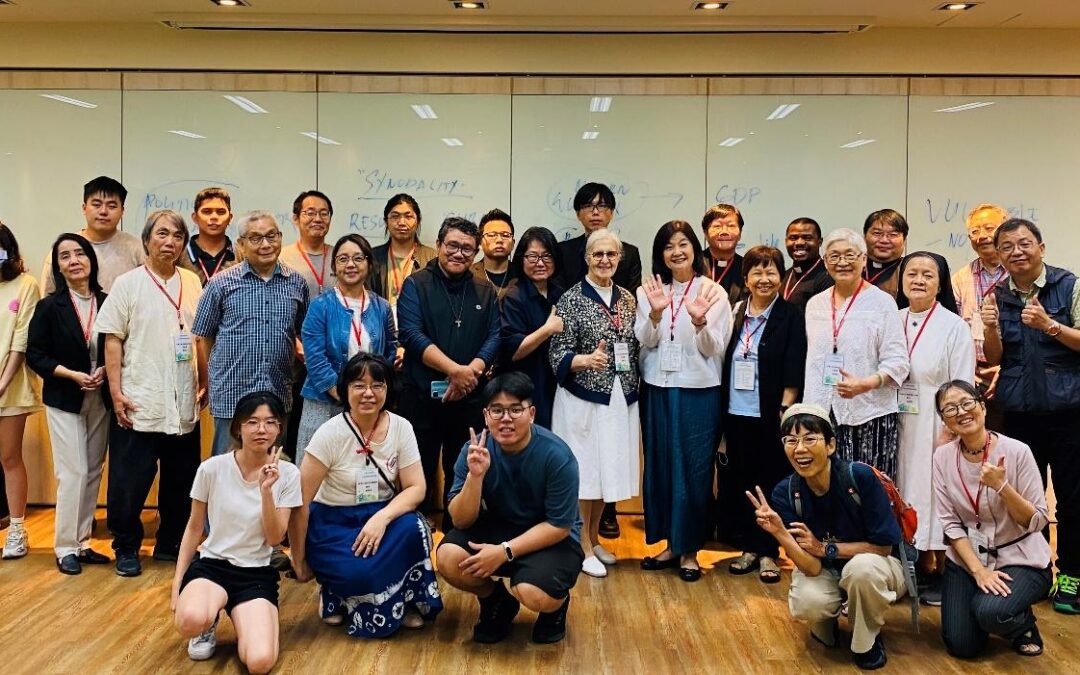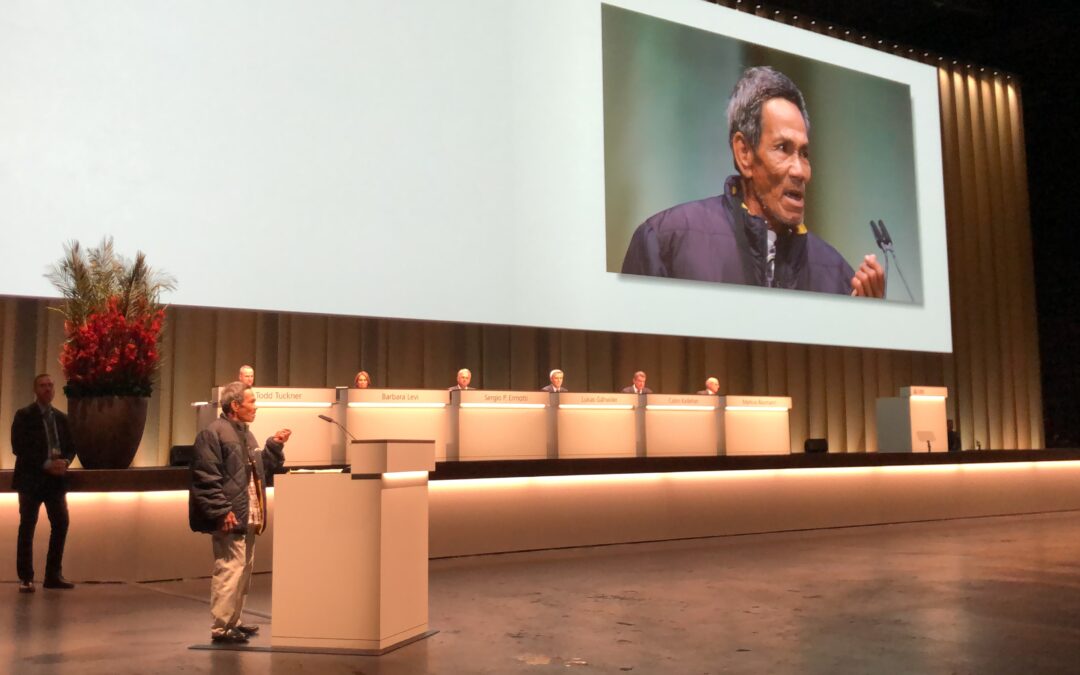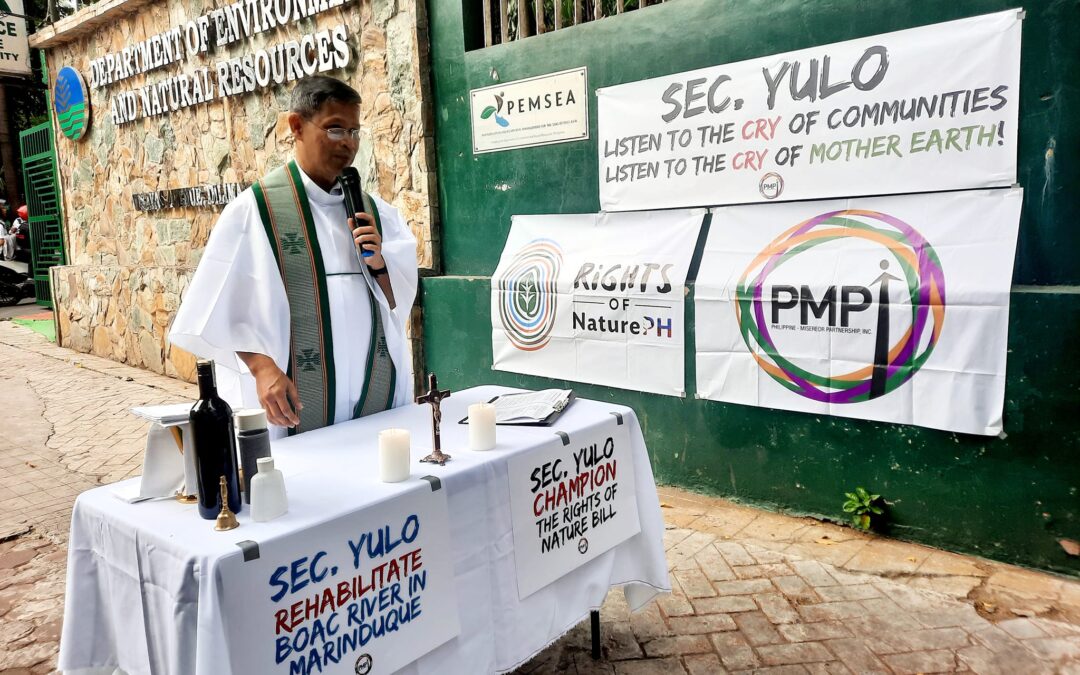Climate finance and solutions must be based on equity and justice, said Climate Change Commission (CCC) Vice-Chairperson Robert E.A. Borje during a global conference on Tuesday at the Asian Development Bank (ADB) Headquarters in Mandaluyong City.
The Philippines hosted the third in a series of dialogues aiming to develop a new collective goal for climate finance that would help vulnerable countries in addressing climate change impacts, culminating at the next climate summit in Egypt.
Borje stated that the government of President Bongbong Marcos recognizes the urgency of dealing with said crisis, as “climate change impacts provides downward pressure on its growth.”
“Providing the space for much needed discussions is critical in sustaining the momentum for timely and real action,” he said.
How much funding developed countries must provide for vulnerable nations like the Philippines has been a hotly-contested issue at the global negotiations for decades. Developed countries, whose pollutive ways of development are largely responsible for climate change, failed to meet the US$100-billion target it previously pledged in 2020.
Regarding the new collective goal, Borje emphasized that policymakers must not just look at what developing countries can afford, but instead at how it will impact the lives of communities.
He called on the private sector, including multilateral development banks such as ADB, to scale up its support of climate change adaptation and mitigation programs of vulnerable countries. He then added that “the role of the private sector must be explicit and adequately informed by support from government and developing partners”.
The importance of public financing was highlighted by Borje, stating that national government agencies aim for 8.9 percent of next year’s national budget to be allocated for climate change-related programs, projects, and activities.
Bruno Carrasco, ADB’s Director General on Sustainable Development and Climate Change also acknowledged the need for the private sector to provide higher climate finance.
He presented the actions his institution has taken in helping developing nations address climate change, including the US$650-million (PHP34-billion) loan to the Philippines last June. This loan would be used to strengthen the nation’s implementation of current climate policies on adaptation and mitigation and linking private sector infrastructures to capital markets.
“We need to reframe the architecture of climate finance towards what is just and not just what is profitable,” Carrasco said.






0 Comments